July 18th, 2021
6minute read
Parallax has been called a defect in optical instruments.
But its endemic in any magnifying optic with a reticle and used at varying distances.
A riflescope, for instance.
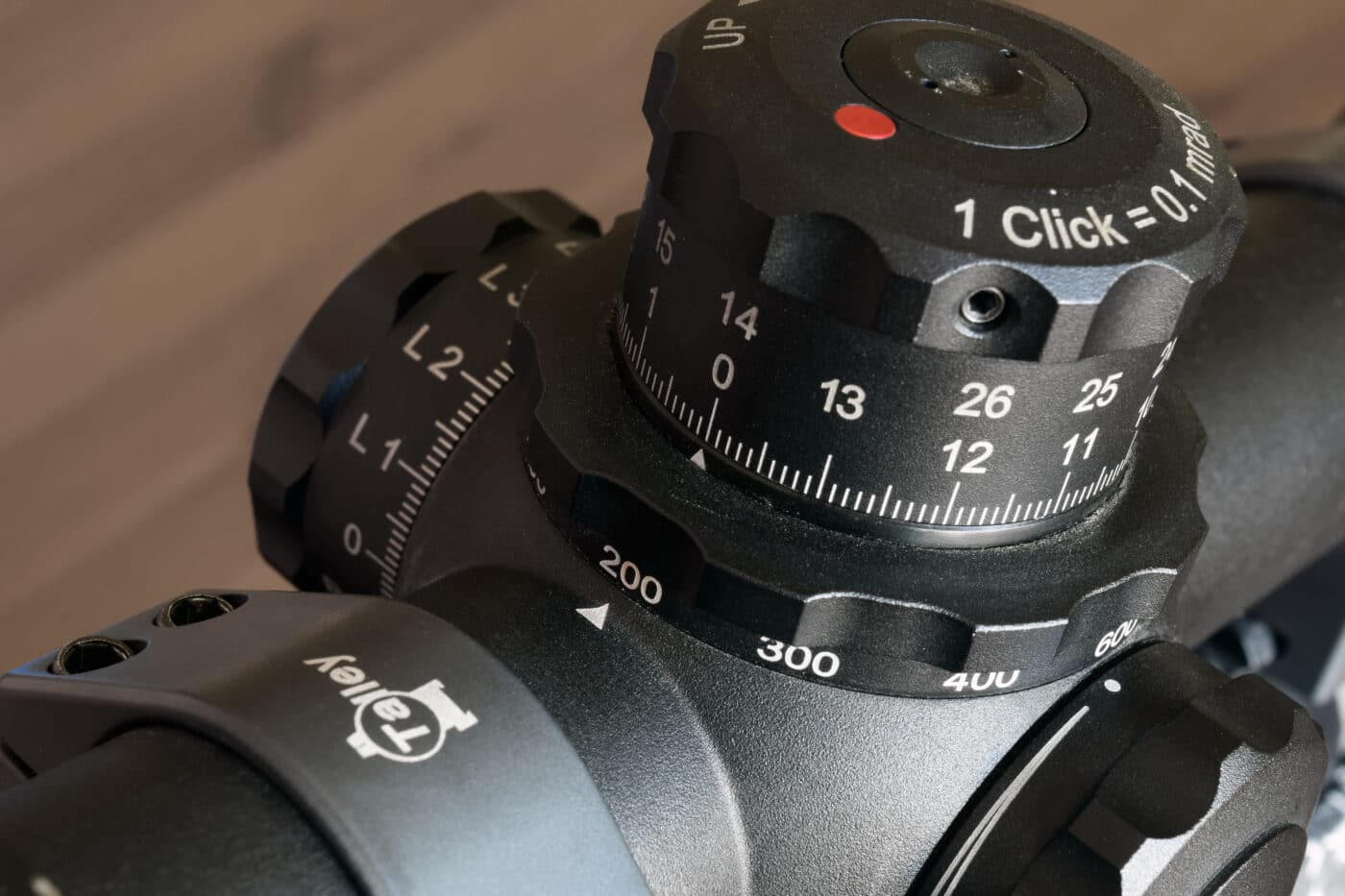
Think of parallax as vinegar.
Its always in the cupboard, but you dont see it unless you look.
Its no bother until you spill it on your toast.
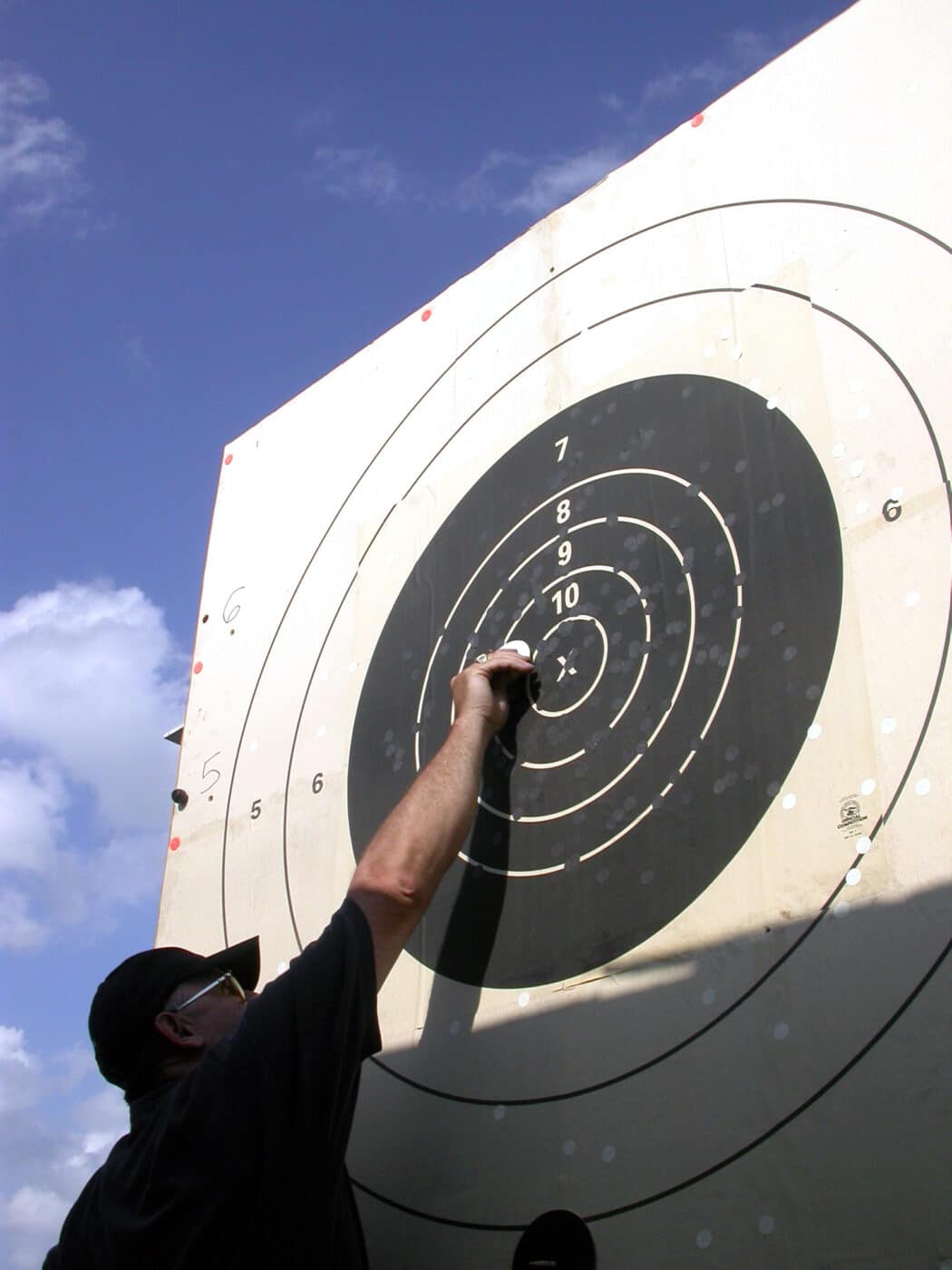
Like vinegar on toast, parallaxerroris your doing.
What Is Scope Parallax?
Wherethe target image falls on the scopes optical axis depends on the target distance.
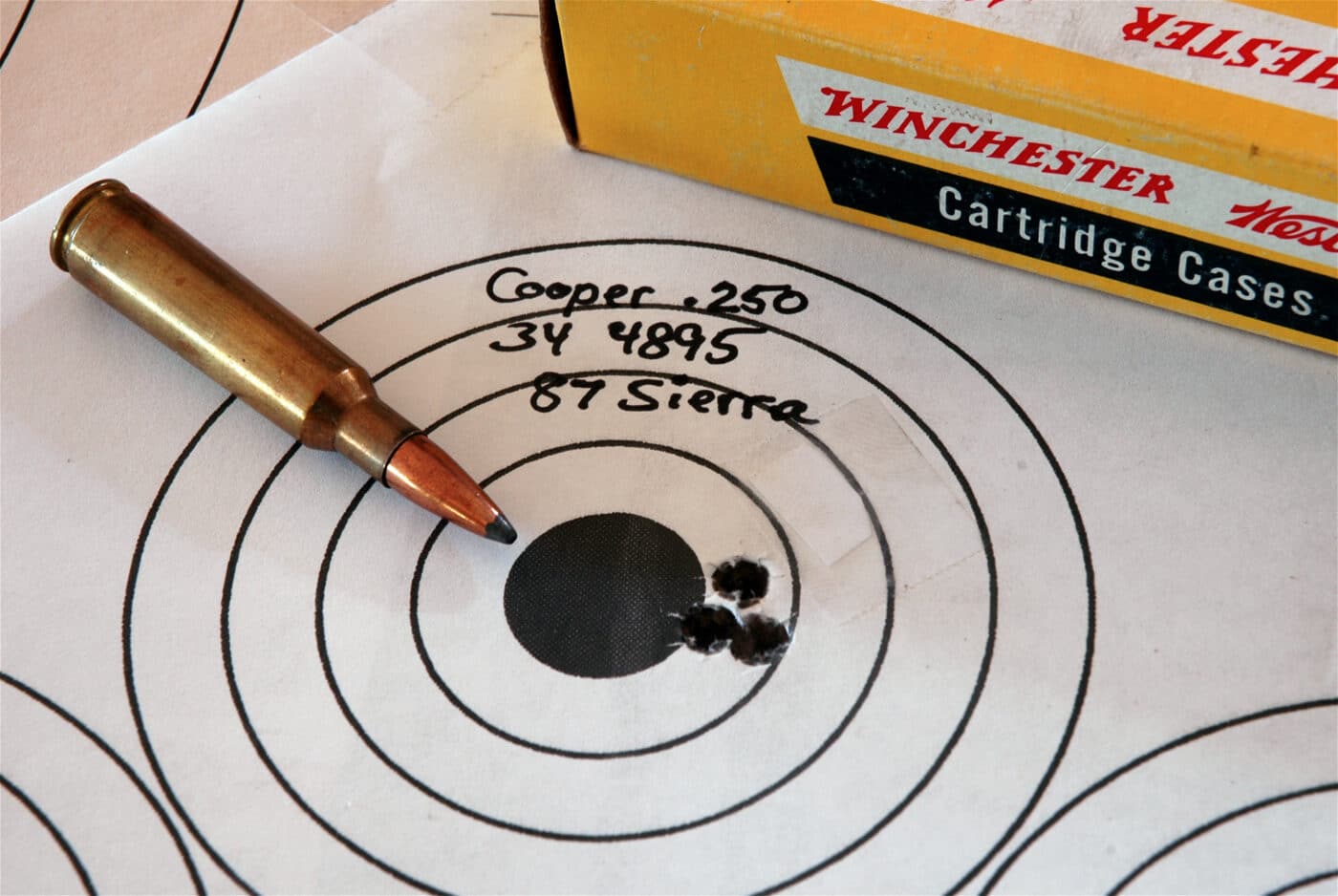
Engineers can zero out parallax put the image on the reticles plane at any range.
Typically, scopes to be used on centerfire rifles are parallax-free at 150 yards.
Youll see the crosswire move in relation to the target, though the rifle is motionless.
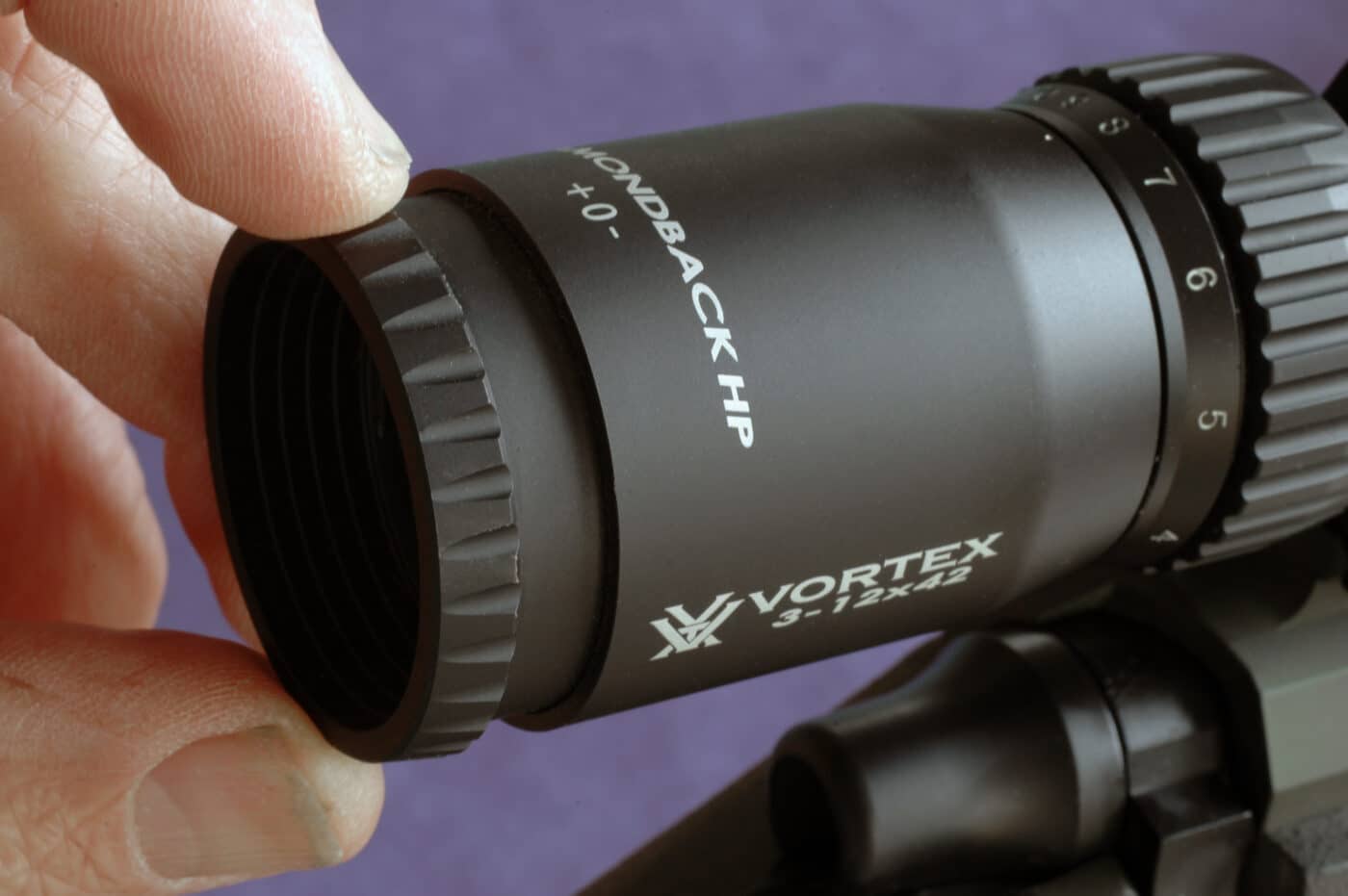
But if you wereholdingthe rifle, youd move it to bring reticle and target together.
The reticle is centered on that path too.
The adjustable objective was developed to permit parallax-free shooting at any distance.
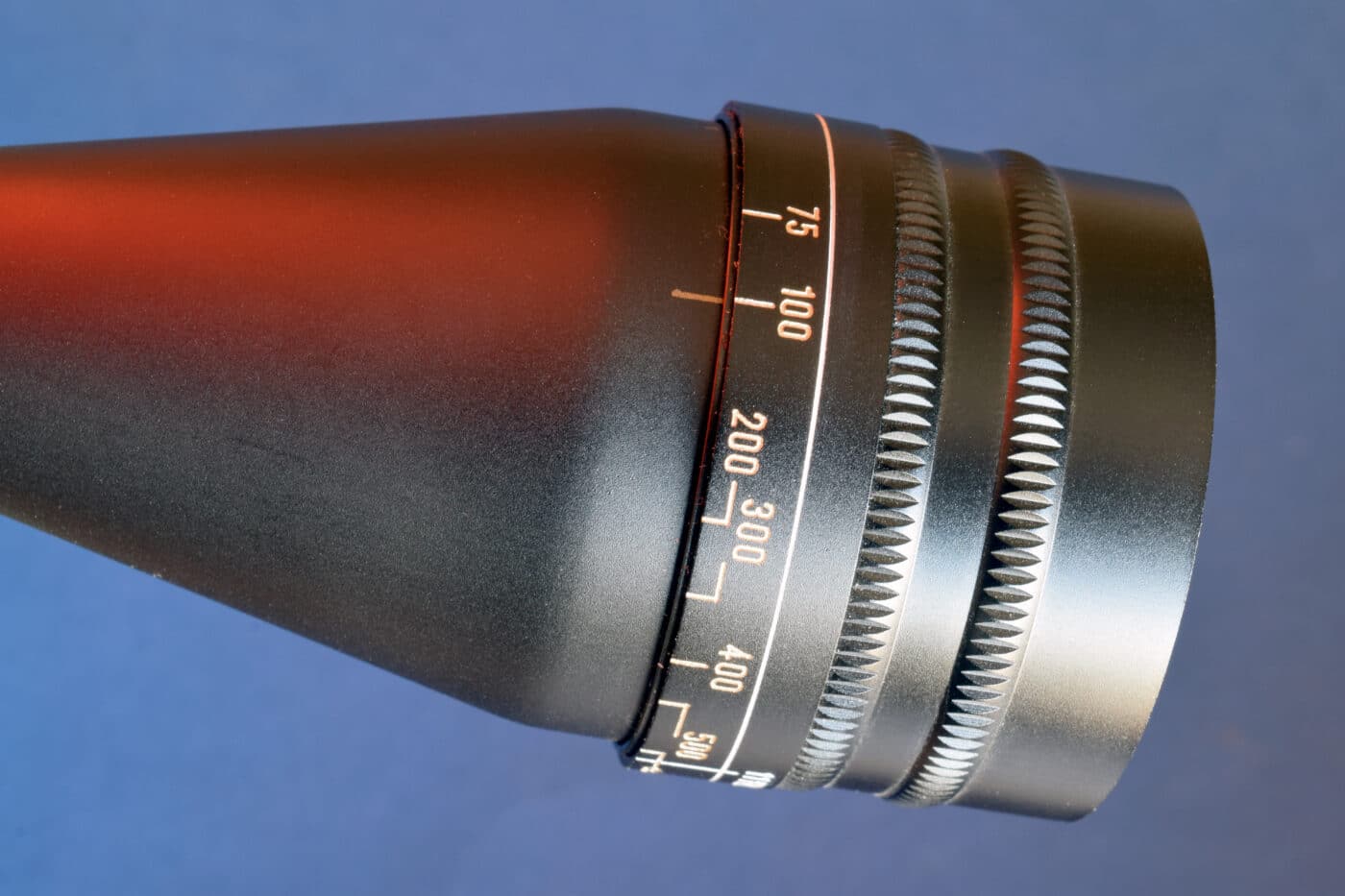
It also brings the target into sharp focus.
Most scopes with this AO feature are of high magnification, for varmint shooting or competition.
Now the sleeve is being supplanted by a turret-mounted dial, typically on the left side.
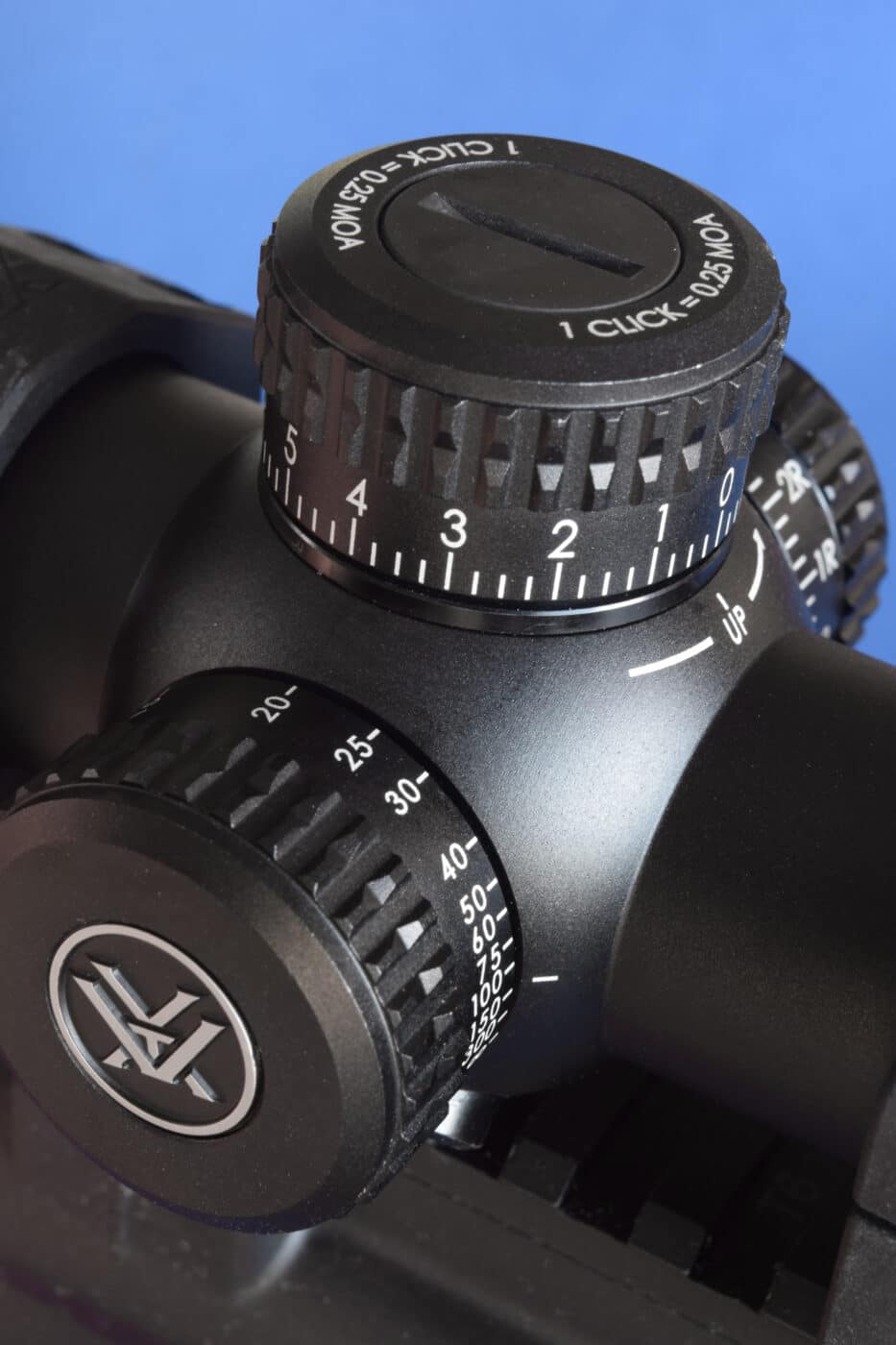
Its much more convenient.
And its appearing on variables intended for big game hunters as well.
Do hunting scopes really need such an adjustment?
The focal lengths of these sights have traditionally been much shorter than focal lengths of target scopes.
Theres no such thing as a fixed or universal focus.
Improved optical quality has prompted higher magnification in short scopes.
Accuracy standards have tightened as shot distances have increased.
Acceptable isnt what it used to be.
Shooters willingly pay a premium for features that boost precision.
Kahles has an alternative to the left-side dial with a horizontal wheel atop the turret of its K624i scope.
I used this 6-2456 on a long-range rifle recently and like it very much.
A reticle brightness dial, used less frequently, is on the right.
Neither parallax nor target focus is affected by a scopes eyepiece adjustment.
The eyepiece the housing containing the ocular assembly was traditionally threaded to the main tube as a unit.
More popular now is the fast-focus (or helical or European) eyepiece.
Friction holds it in place.
Properly, you focus the reticle as soon as you snug the scope to a rifle.
Heres how: Spin the eyepiece or fast-focus ring all the way in.
Point the rifle at a blank sector of sky.
Shut your eyes, then abruptly open them to look through the scope.
Turn the eyepiece or ring out slowly until the reticle becomes sharp.
Close your eyes to rest them, then repeat.
The reticle should appear sharp against any target, no matter how far it is from the rifle.
You wont have to move the eyepiece again until your vision changes with age.
A crisp reticle image contributes as much to accuracy as does a crisp target image.




